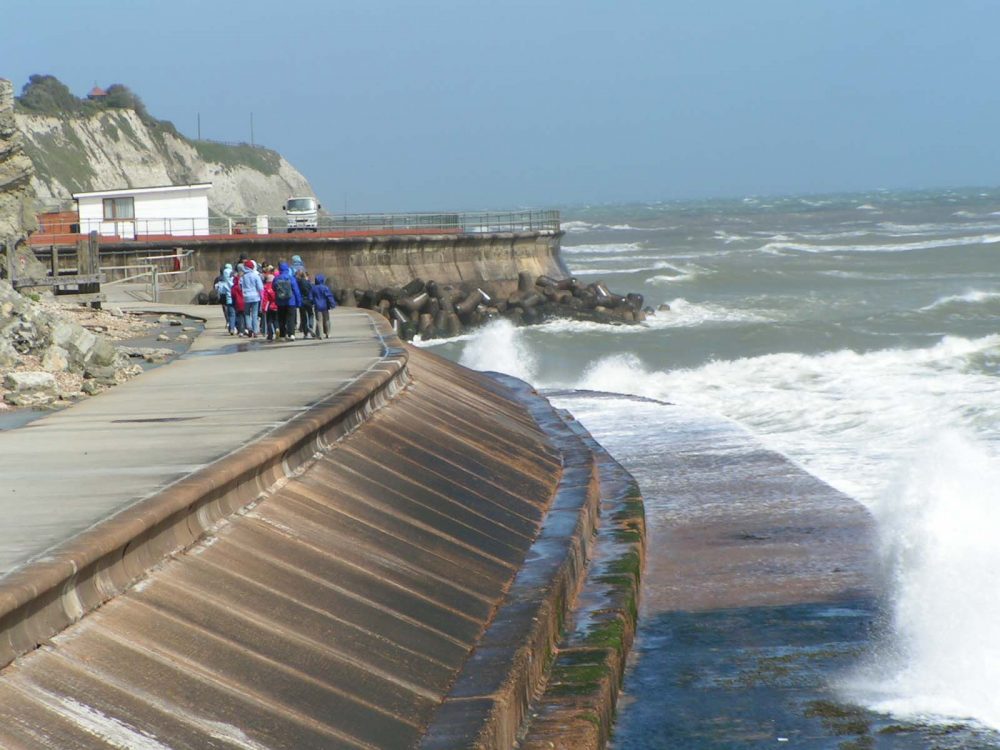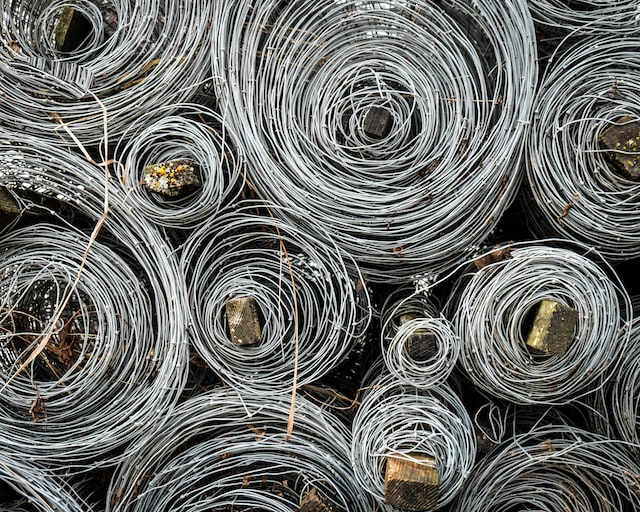Coastal engineering considers wave mechanics and coastal processes and usually requires a background in math and fluid mechanics with specializations in civil engineering, mechanical engineering, and more. Coastal engineering employees use different analysis techniques to help practitioners understand coastal environments, and the two- and three-dimensional characteristics of surface waves using small-amplitude wave theory.
Experts in coastal engineering use knowledge of “coastal wave equations” and study the design of breakwaters, dikes, coastline protection structures, revetments, and seawalls. For the study of actual coastal engineering projects, there are a large number of Dutch, British, Japanese, and US erosion protection projects to study.
Coastal engineering also involves maintenance of harbors, basins, and navigational channels which require regular and sometimes frequent dredging, erosion protection, dredged material disposal, and more.
Today it’s common, as would be expected, for coastal engineers to utilize big data and computer models to help determine the severity of various problems that might be encountered. For example, the removal of contaminated material through dredging is becoming an increasingly important task.
Protecting Coasts from Flooding & Erosion
After superstorm Sandy, various branches of the US government have become focused on river and ocean defense design and system management. According to experts, there is currently a high degree of uncertainty in the performance of various types of flood and erosion control defenses. As a result, human lives, property, and large amounts of money are at stake.
Computational Modeling at the Cutting Edge
Computational modeling and simulations are the new cutting-edge of hydraulic and coastal engineering. Simulations employ finite differences methods to closed-conduit hydraulics, coastal domain flows, free-surface channels, groundwater movement, pollutant and sediment transport, surface gravity waves, and reservoir management.
The following video features coastal engineering expert Richard Reinen-Hamill discussing his work.







